shifting transport equity with the hiko project
Transport equity is a key focus for Healthy Families Hutt Valley. Increasing access and the use of low carbon, low-cost transport options, like bikes, is great for our whānau and our environment. It is fun, active and creates connections to communities and neighbourhoods which contributes to our physical and mental wellbeing. It also reduces the burden on household budgets and the impact on our environment that other modes of transport can have.
As a society we’ve engineered physical activity out of our busy daily lives and now we’re experiencing the health and wellbeing impacts of this lack of activity. Across Aotearoa, only 50% of adults are meeting the recommendations for physical activity, which is a key risk factor for preventable chronic disease.
The HIKO Pilot Project is a collective approach by Kōkiri Marae, Big Street Bikers and Healthy Families Hutt Valley and local whānau from Wainuiomata, with the aim of testing a new way to address transport equity, within a locality. The project involves lending out 25 e-bikes to adult whānau members and regular bikes for other whānau members, to support the uptake of e-bike use for shorter, active journeys.
We’re embarking on a journey to prototype a Māori-provider led e-bike scheme with the aim of supporting Māori whānau to use e-bikes as a holistic intervention to reduce transport costs, open up transport opportunities, increase physical activity and reduce driving.
With funding by additional partners including, Hutt City Council, Waka Kotahi and Lotteries, with support from Greater Wellington Regional Council and ReBicycle EkeRua, the project includes wrap around support and equipment in the form of bike safety training, safety equipment, charging facilities and secure parking.
The e-bikes were recently loaned out to participants at the community celebration day in Wainuiomata, with the impact of having access to an active mode of transport noticed immediately.
One participant hadn’t been on a bike in thirty or forty years and enjoyed the opportunity to get back on the saddle. Another participant described the e-bikes as ‘game changing’. Whānau shared their experiences of biking and ideas on how they would now use their e-bike to get around. Some shared that they planned to ride from Wainuiomata over the hill to Petone to get a coffee, while one person had already arranged a bike ride with a participating friend, for the following morning.
The project is also mutually supportive to Waka Kotahi’s investment in the Wainuiomata Connection Streets for People project, as it will help to drive a culture shift on attitudes towards cycling by Wainuiomata residents and communities across Te Awa Kairangi.
The Government has signalled an intention to encourage community and Marae based initiatives to provide access to electric vehicles and electric bikes. For this intention to be realised, it is necessary to develop a solid understanding of how to carry out such initiatives. The HIKO pilot intends to provide the proof of concept and provide valuable insights and understanding for the Two-Wheeled Public Transport initiative, a longer-term programme exploring subsidised bike subscriptions for whānau and communities across Aotearoa.
By sharing our learnings, insights and local impact, we’re able to elevate the voice of our communities to influence change at a national level that can benefit all of Aotearoa.
Imagine if cycling became the transport mode of choice across Te Awa Kairangi, creating healthier people and a more sustainable city.
